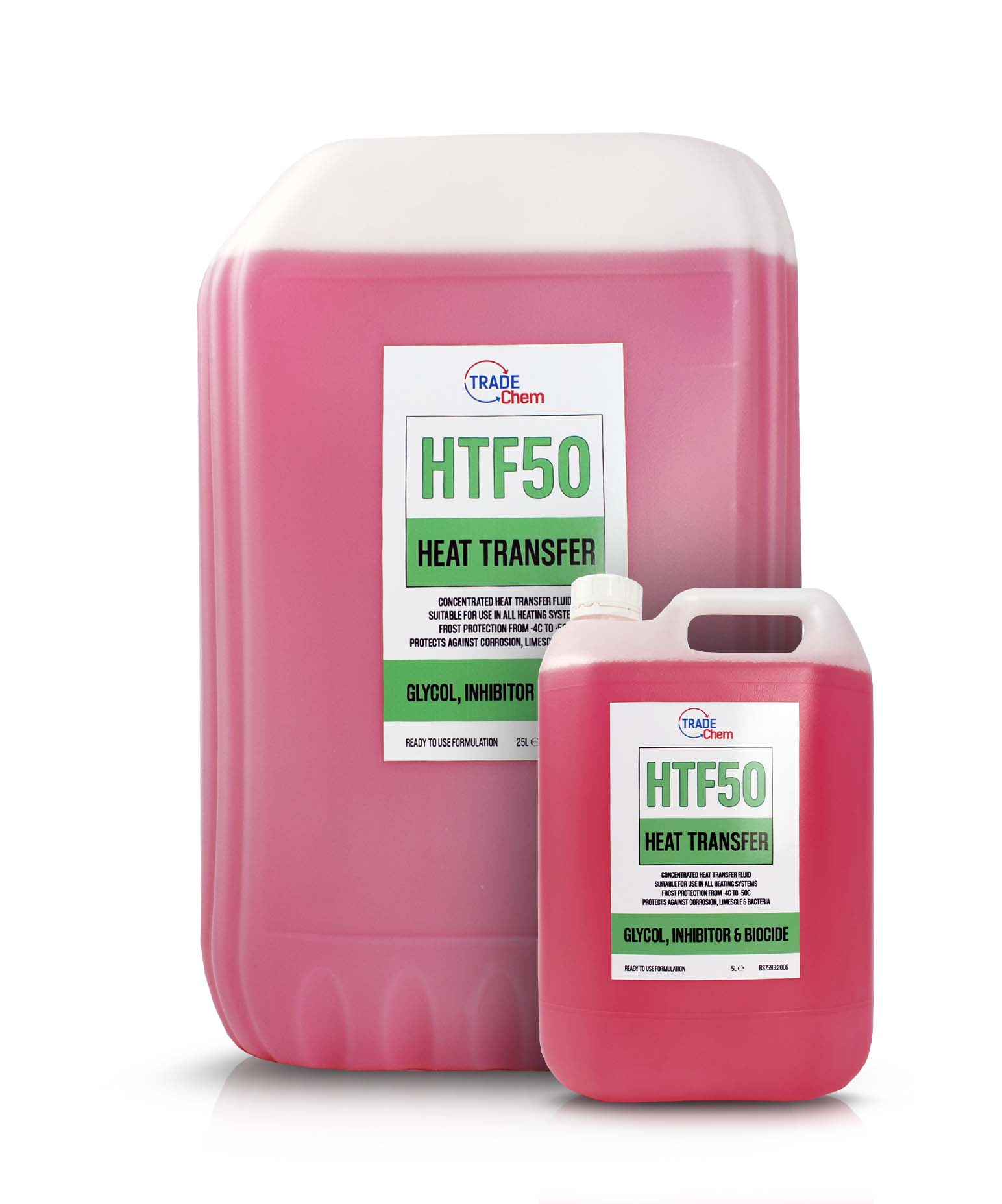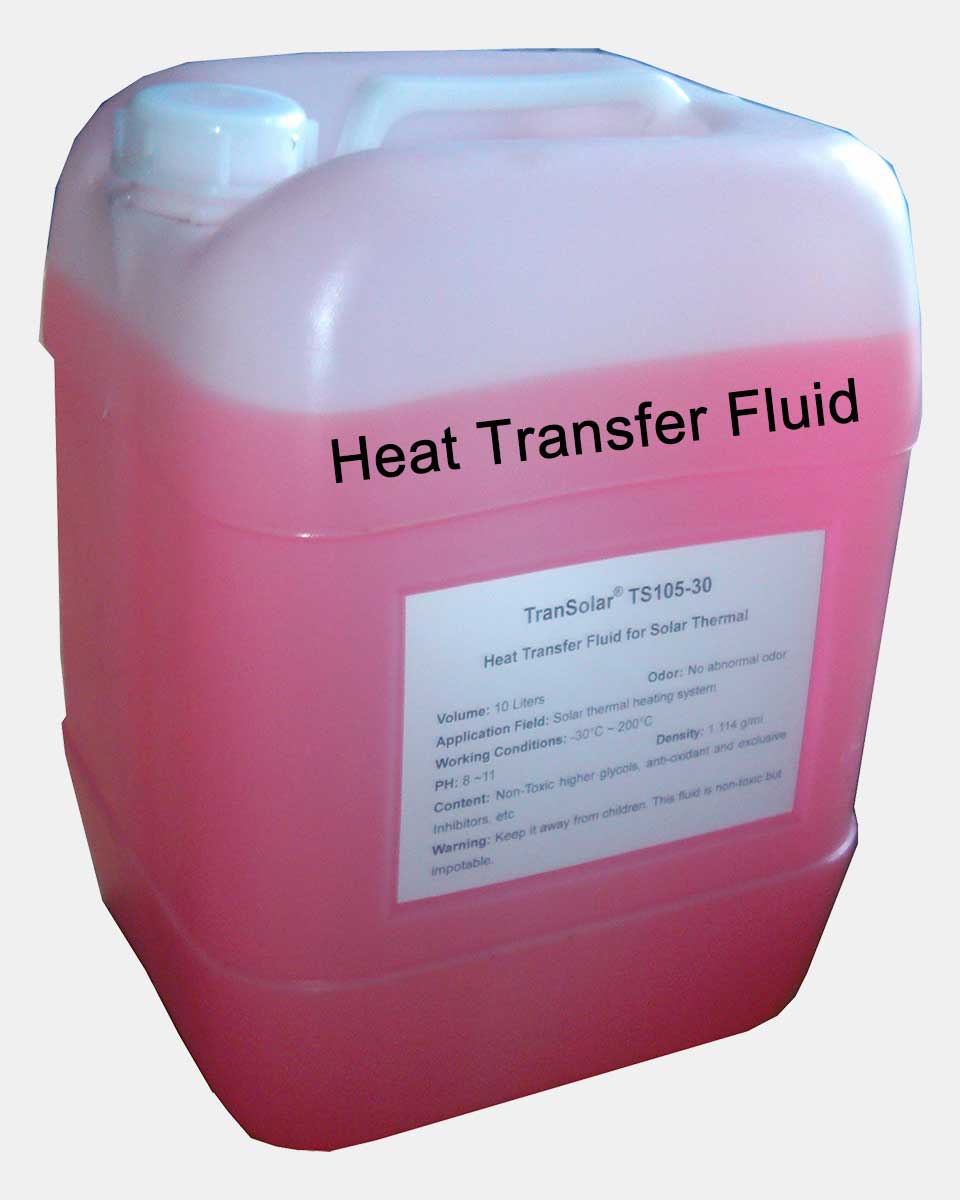Heat Transfer Fluid: Necessary for Enhancing Industrial Cooling And Heating Systems
Heat Transfer Fluid: Necessary for Enhancing Industrial Cooling And Heating Systems
Blog Article
Why Warm Transfer Liquid Is Essential for Optimizing Energy Transfer in Systems
The duty of warm transfer fluids in enhancing energy transfer is essential for accomplishing effective thermal monitoring throughout different commercial industries. These fluids assist in seamless heat exchange, making sure processes operate within optimal temperature arrays and reducing the risk of overheating. Their choice, based upon elements like thickness and thermal stability, directly affects the efficiency and sustainability of a system. Nonetheless, the details of picking the right fluid are usually taken too lightly. What are the vital considerations for this option, and how do they affect both financial performance and ecological duty in industrial applications?

Duty in Thermal Management
Warm transfer fluids play an essential function in thermal administration by efficiently controling temperatures in various commercial processes and systems. These specialized liquids facilitate the transfer of heat between different components, guaranteeing optimal operating conditions and avoiding overheating. By keeping accurate temperature control, heat transfer fluids enable industries such as chemical production, oil and gas, and power generation to run safely and effectively.
The choice of a suitable warm transfer liquid depends upon numerous aspects, including thermal stability, heat capability, and thickness. High thermal security makes certain that the fluid can hold up against extreme temperatures without breaking down, while a high warmth ability allows it to absorb and release considerable amounts of warm - heat transfer fluid. Reduced viscosity decreases the power needed for pumping, adding to general system efficiency
Furthermore, heat transfer fluids are integral in applications like refrigeration, where they aid soak up and dissipate warmth during the cooling cycle. In solar thermal energy systems, these fluids capture and transport solar warm to generate power or offer warm water. Their flexibility to diverse operating problems and capacity to preserve regular thermal efficiency highlight their significance in commercial thermal monitoring, assisting in operational connection and boosting security procedures.

Enhancing System Effectiveness
To make best use of the advantages of thermal administration, improving system efficiency through the calculated use of heat transfer fluids is vital. By preserving optimum temperature degrees, warmth transfer liquids aid ensure that systems run within their designed specifications, therefore stopping overheating and decreasing the danger of element failing.

Kinds Of Heat Transfer Fluids
The diversity of heat transfer fluids underscores their important duty in a variety of industrial applications, each tailored to fulfill particular thermal monitoring requirements. These liquids promote efficient energy transfer and are chosen based on vital residential or commercial properties such as thermal stability, viscosity, and warm ability. The main kinds include water, glycol remedies, oils, and synthetics, each offering distinct benefits.
Water is the most usual heat transfer medium due to its high specific heat capability and low price. Mineral oils are favored for their thermal security and non-corrosive nature, making them ideal for high-temperature applications.

Artificial fluids, consisting of silicone and fragrant compounds, offer remarkable thermal security and are made use of in atmospheres demanding severe temperature level arrays. These fluids make certain superior efficiency in systems where conventional fluids may fall look at more info short. The selection of a warm transfer fluid is critical, as it influences system effectiveness, security, and durability. Each kind has to be selected to line up with the operational needs and the certain conditions of the application it serves.
Environmental and Economic Perks
Using the best warmth transfer liquids offers considerable environmental and economic benefits for commercial procedures. Ecologically friendly heat transfer fluids, usually naturally degradable and non-toxic, reduce the risk of dirt and water contamination in the occasion of leakages or spills, consequently safeguarding ecological communities and complying with strict environmental policies.
Economically, the ideal warm transfer liquid can significantly lower functional prices. Effective heat transfer minimizes power expenditure, bring about reduced energy bills and boosted productivity. Fluids with prolonged lifecycle efficiency lower the regularity of substitutes and maintenance, decreasing downtime and connected prices. Purchasing top notch liquids can also reduce the threat of devices rust and failing, preventing expensive repair services and expanding the lifespan of vital infrastructure. In affordable markets, these financial savings and effectiveness offer an unique advantage, allowing firms to assign resources much more effectively and invest in more advancement. On the whole, the pop over here calculated use optimum warm transfer fluids sustains sustainable economic growth and ecological stewardship.
Choosing the Right Liquid
How does one navigate the complex process of selecting the appropriate warm transfer fluid for commercial applications? Choosing the proper fluid is important, as it straight affects system effectiveness, security, and operational expenses. Key considerations include thermal security, compatibility with system materials, and operating temperature array. Thermal security makes certain the fluid can stand up to high temperatures without degrading, while compatibility stops rust or other destructive reactions with system parts. The operating temperature variety have to line up with the system's demands to maintain efficiency and longevity - heat transfer fluid.
Additionally, the fluid's warmth ability and viscosity are extremely important. A high heat capacity allows the fluid to soak up and move more energy, enhancing effectiveness.
Verdict
The calculated choice and application of heat transfer liquids are essential to enhancing energy transfer throughout different you could try this out systems. By making sure high thermal stability and capacity, these fluids give accurate temperature control and boost overall system performance.
Report this page